[ad_1]
WASHINGTON/JERUSALEM (Reuters) – President Donald Trump will announce on Wednesday that the United States recognizes Jerusalem as the capital of Israel and will move its embassy there, breaking with longtime U.S. policy and potentially threatening regional stability.
Despite warnings from Western and Arab allies, Trump in a 1 p.m. (1800 GMT) White House speech will direct the State Department to begin looking for a site for an embassy in Jerusalem as part of what is expected to be a years-long process of relocating diplomatic operations from Tel Aviv.
Jerusalem’s status has been a stumbling block in decades of on-off Israeli-Palestinian peace efforts.
Israel considers the city its eternal and indivisible capital and wants all embassies based there. Palestinians want the capital of an independent Palestinian state to be in the city’s eastern sector, which Israel captured in the 1967 Middle East war and annexed in a move never recognized internationally.
A Palestinian envoy said the decision was a declaration of war in the Middle East. Pope Francis called for Jerusalem’s “status quo” to be respected, saying new tension would further inflame world conflicts. China and Russia expressed concern the plans could aggravate Middle East hostilities.
Washington’s allies in the region have all warned against the dangerous repercussions of Trump’s decision.
Turkey said it could go as far as breaking off diplomatic ties with Israel if the U.S. move went ahead. A government spokesman said it would plunge the region into “a fire with no end in sight”.
Trump will sign a national security waiver delaying a physical move since the United States does not have an embassy structure in Jerusalem to move into. A senior administration official said it could take three to four years to build one.
But Trump’s decision, a core pledge of his election campaign last year, will upend decades of American policy that has seen the status of Jerusalem as part of a “two-state solution” for Israelis and Palestinians.
Israeli Prime Minister Benjamin Netanyahu said on Facebook: “Each day there are very significant manifestations of our historic national identity – but today especially so. And I will have more to add on this later today, on a matter related to Jerusalem.”
The Palestinians have said Trump’s move would mean the “kiss of death” to the two-state solution, envisaging a Palestinian state in territory – the Gaza Strip, the West Bank and East Jerusalem – that Israel took in the 1967 war.
“He is declaring war in the Middle East, he is declaring war against 1.5 billion Muslims (and) hundreds of millions of Christians that are not going to accept the holy shrines to be totally under the hegemony of Israel,” Manuel Hassassian, the chief Palestinian representative to Britain, told BBC radio.
Palestinians seethed with anger and a sense of betrayal.
“Trump wants to help Israel take over the entire city. Some people may do nothing, but others are ready to fight for Jerusalem,” said Hamad Abu Sbeih, 28, an unemployed resident of the walled Old City in East Jerusalem.
“This decision will ignite a fire in the region. Pressure leads to explosions.”
Senior Trump administration officials said Trump’s decision was not intended to tip the scale in Israel’s favor and that agreeing on the final status of Jerusalem would remain a central part of any peace deal between Israel and the Palestinians.
The officials said Trump was basically reflecting a fundamental truth: that Jerusalem is the seat of the Israeli government and should be recognized as such.
“The president believes this is a recognition of reality,” said one official, who briefed reporters on Tuesday about the announcement. “We’re going forward on the basis of a truth that is undeniable. It’s just a fact.”
(For a graphic on possible Jerusalem U.S. Embassy sites, click tmsnrt.rs/2jIXIoq)
“NEW ADVENTURISM”
The international community does not recognize Israeli sovereignty over the entire city, which is home to sites holy to the Muslim, Jewish and Christian religions alike.
No other country has its embassy in Jerusalem. Two small Latin American states, El Salvador and Costa Rica, previously had embassies in Jerusalem before shifting them to Tel Aviv in 2006, saying they wanted to abide with international norms.
The political benefits for Trump of the move are unclear. It will thrill Republican conservatives and evangelical Christians who comprise a large share of his political base. But it will complicate his desire for a more stable Middle East and Israel-Palestinian peace. Past presidents have put off such a move.
It was not known if Trump had asked Israel for anything in return for a U.S. Embassy in Jerusalem. However, when he hosted Netanyahu at the White House in February, he said:
“The United States will encourage a peace and really a great peace deal. We’ll be working on it very, very diligently. Very important to me also, something we want to do. But it is the parties themselves who must directly negotiate such an agreement. We’ll be beside them. We’ll be working with them. As with any successful negotiation, both sides will have to make compromises. You know that, right?”
Iranian Supreme Leader Ayatollah Ali Khamenei said Trump’s plans were a sign of U.S. “incompetence and failure”, while Iranian President Hassan Rouhani said there was “no place for new adventurism by global oppressors”.
“The issue of Palestine today is the top …political issue for Muslims and everyone is obligated to work and struggle for the freedom and salvation of the people of Palestine,” Khamenei added, according to his website.
Iran has long supported a number of Palestinian militant groups hostile to Israel.
Militant groups such as al Qaeda, Hamas and Hezbollah have in the past tried to exploit Muslim sensitivities over Jerusalem to stoke anti-Israel and anti-U.S. sentiment.
“Our Palestinian people everywhere will not allow this conspiracy to pass, and their options are open in defending their land and their sacred places,” Hamas chief Ismail Haniyeh said.
British Prime Minister Theresa May said she intended to speak to Trump about the status of Jerusalem which should be determined as part of an Israeli-Palestinian settlement. Germany and France warned its citizens in Israel and the Palestinian territories of the risk of unrest.
“SERIOUS IMPLICATIONS”
Trump’s senior adviser and son-in-law, Jared Kushner, has led a relatively quiet effort to revive long-stalled peace efforts in the region, with little in the way of tangible progress thus far.
“The president will reiterate how committed he is to peace. While we understand how some parties might react, we are still working on our plan, which is not yet ready. We have time to get it right and see how people feel after this news is processed over the next period of time,” a senior U.S. official said.
As well as Netanyahu, Trump spoke to Palestinian President Mahmoud Abbas, Jordan’s King Abdullah and Saudi King Salman to inform them of his decision.
The Jordanian king “affirmed that the decision will have serious implications that will undermine efforts to resume the peace process and will provoke Muslims and Christians alike,” said a statement from his office.
Abbas warned Trump of the “dangerous consequences” that moving the embassy would have for peace initiatives and regional stability, Abbas spokesman Nabil Abu Rdainah said.
Trump assured Abbas that he remained committed to facilitating an Israeli-Palestinian peace deal, a U.S. official said.
United Nations spokesman Stephane Dujarric told reporters the world body regarded Jerusalem as a “final-status issue that must be resolved through direct negotiations between the two parties, based on relevant Security Council resolutions.”
Trump has tilted U.S. policy toward Israel since taking office in January, considering it a strong ally in a volatile part of the world. But deliberations over the status of Jerusalem were tense.
Vice President Mike Pence and David Friedman, the U.S. ambassador to Israel, pushed hard for both recognition and embassy relocation whereas Secretary of State Rex Tillerson and Defense Secretary Jim Mattis opposed the move from Tel Aviv, according to U.S. officials who spoke on condition of anonymity.
An impatient Trump finally weighed in, telling aides last week he wanted to make good on his campaign promise.
Additional reporting by Roberta Rampton, Matt Spetalnick and John Walcott in Washington and Michelle Nichols at the United Nations, Michael Nienaber in Berlin, Costas Pitas in London, Philip Pullella in Vatican City, Babak Dehghanpisheh in Beirut, Dmitry Solovyov in Moscow; Editing by Mark Heinrich
[ad_2]
Source link

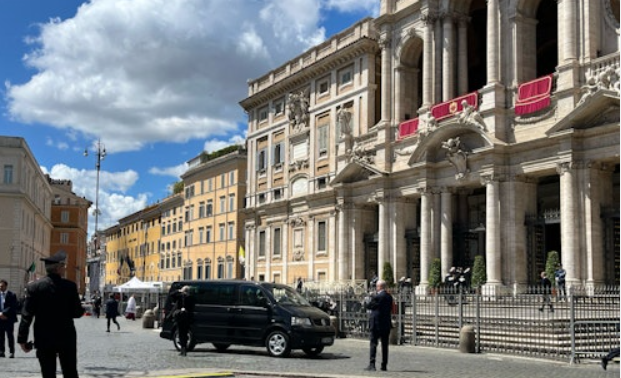
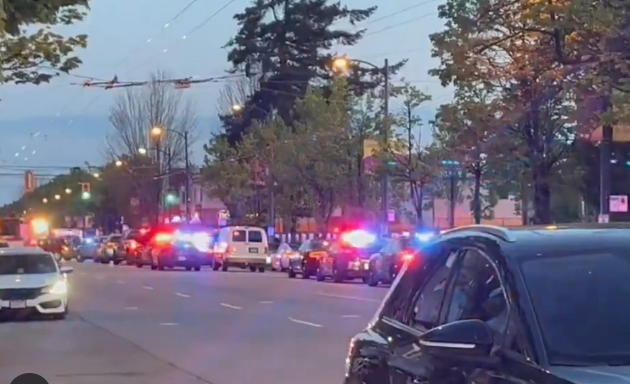
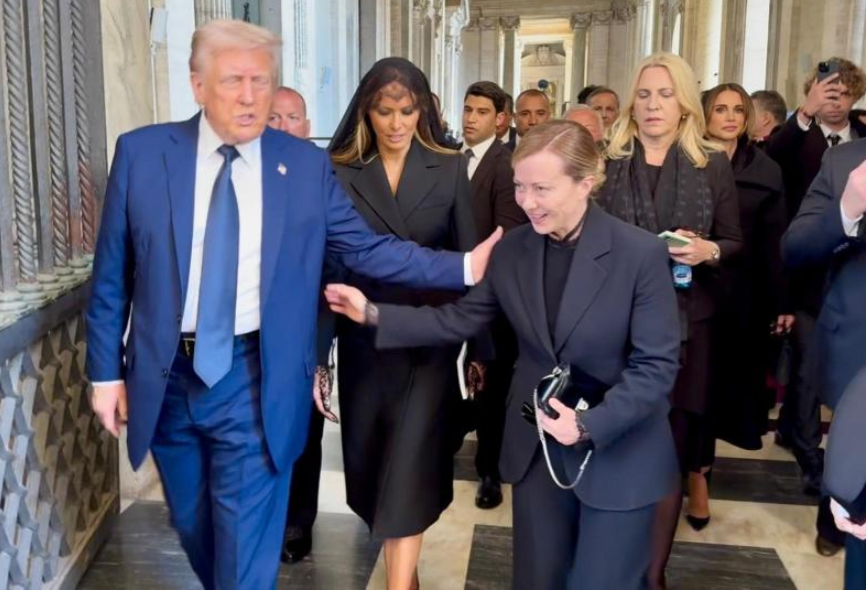
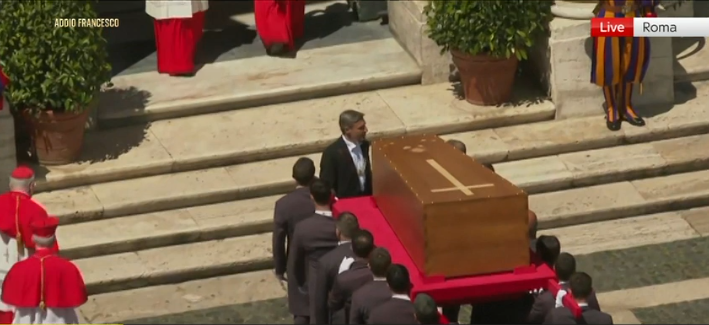
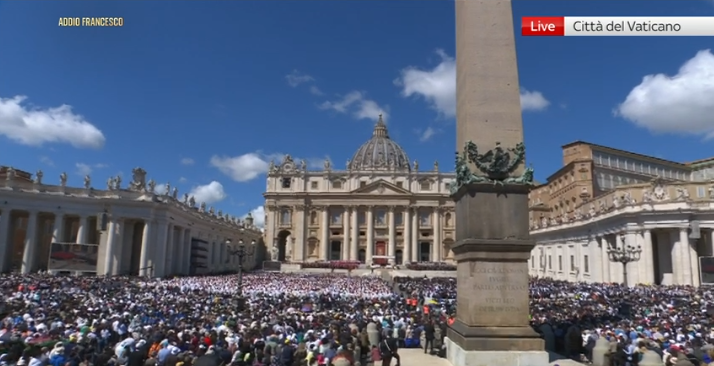
Leave a Reply